The Status Quo bias is our tendency to choose our current or preferred situation over a different one. It is the behavioural bias that makes us experience the little pulses of fear every time we are about to experience change.
In this blog we explore the Status Quo bias and how it hinders our decision-making.
The Starbuck's Paradox: The problem of too much choice
While it is a common assumption that the variety of options is what attracts people in making a choice, the overabundance of options may sometimes result in negative consequences.
The effects of too many options can lead to a lack of motivation to choose, increase in stress and anxiety and the potential for regret. This behavioural phenomenon is referred to as “choice overload”.
In this blog we explore the consequences of choice overload and how it effects us, as a consumer.
Employee Autonomy: Why business targets need to change
Anchors aweigh: Brain short-cuts
Cheese and Crackers: The two thinking systems
Our brain operates using two different systems of thinking: System 1 and System 2.
System 1 is our automatic system; quick to process information and requiring very little mental effort.
System 2 on the other hand is more rational and conscious.
We explore how these systems interact with each other and how our brain uses them to understand our world.
Relics of a bygone brain
At work you may find yourself tasked with difficult problems with little time to find a suitable solution. Fortunately, we have one of the most powerful machines in the world at our disposal, the human brain. Our brains are responsible for some of mankind's most remarkable achievements; from building civilizations, and inventing space flight, to the birth of the internet.
Given what are brains are capable of, a problem at work should be easy to solve, right?







